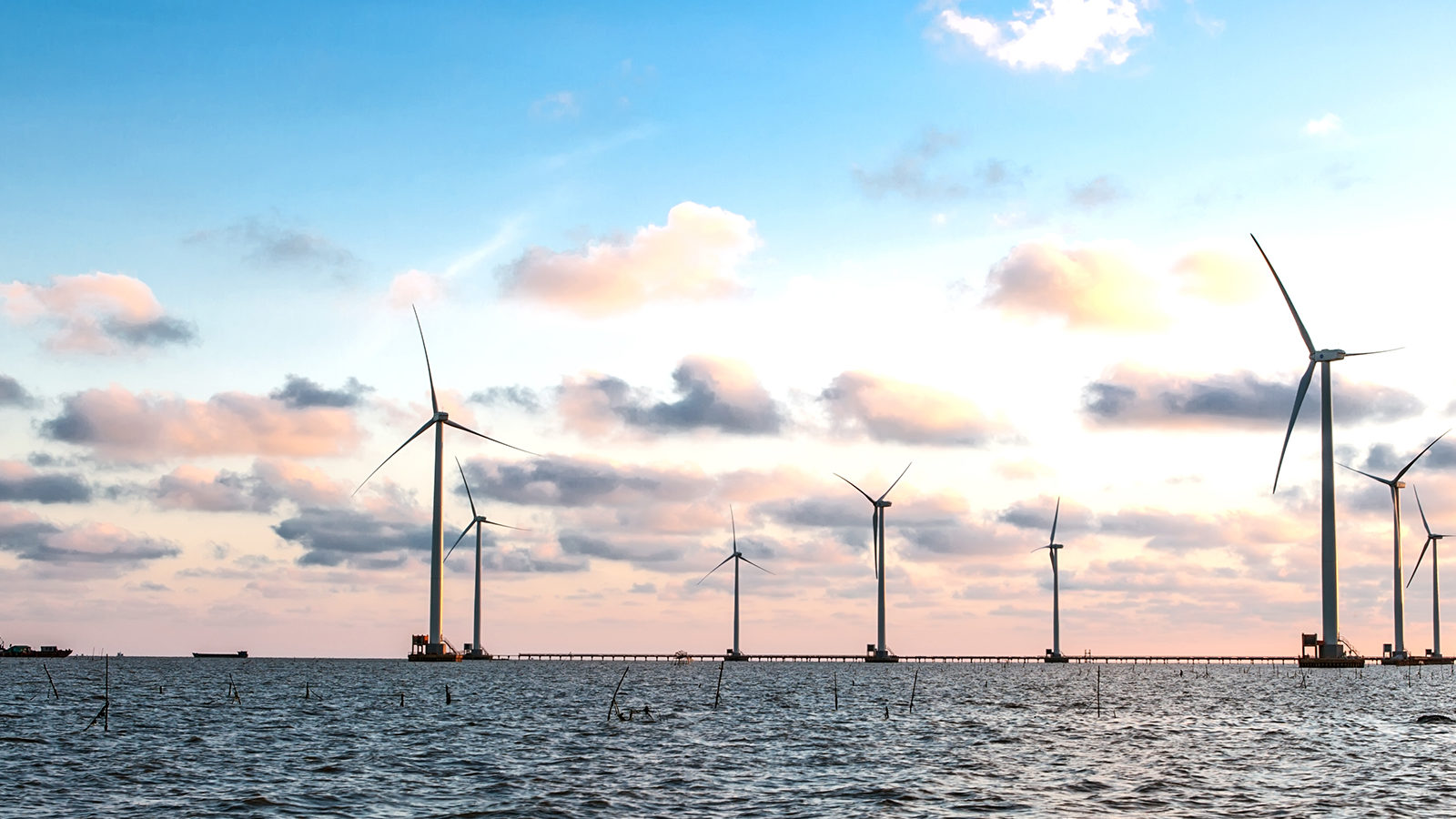
Water Energy System
Water-Energy Nexus: A Delicate Balance
The world’s water and energy resources are inextricably linked, forming a complex and interdependent relationship known as the water-energy nexus. Water is essential for energy production, from hydropower and thermal power plants to cooling systems and irrigation for biofuel crops. Conversely, energy is crucial for water management, powering pumps for water extraction, treatment, and distribution.
The Interconnectedness of Water and Energy
The water-energy nexus highlights the delicate balance between these two critical resources. Disruptions to one can have cascading effects on the other. For instance, overexploitation of water resources for energy production can lead to water scarcity, while energy shortages can hinder water management and distribution.
Challenges and Opportunities in the Water-Energy Nexus
The water-energy nexus presents a range of challenges and opportunities:
Challenges:
-
Water Scarcity: Growing water demand for energy production is exacerbating water scarcity in many regions, particularly in arid and semi-arid areas.
-
Energy Intensity of Water Management: Water treatment, distribution, and desalination are energy-intensive processes, contributing to greenhouse gas emissions.
-
Climate Change Impacts: Climate change is altering precipitation patterns, affecting both water availability and energy production, particularly for hydropower.
Opportunities:
-
Integrated Water and Energy Planning: Adopting integrated water and energy planning approaches can optimize resource use and minimize environmental impacts.
-
Water-Efficient Technologies: Investing in water-efficient technologies for energy production, such as dry cooling systems, can reduce water consumption.
-
Renewable Energy Sources: Transitioning to renewable energy sources, such as solar and wind power, can reduce reliance on water-intensive hydropower.
Navigating the Water-Energy Nexus
Addressing the challenges and seizing the opportunities in the water-energy nexus requires a multifaceted approach:
-
Strengthening Governance: Strengthening governance mechanisms and collaboration between water and energy agencies is essential for integrated resource management.
-
Promoting Innovation: Fostering innovation in water-efficient technologies and energy alternatives is crucial for sustainable resource use.
-
Raising Awareness: Public awareness and education campaigns can promote responsible water and energy consumption behaviors.
Conclusion
The water-energy nexus is not just a technical challenge; it is a call to action for a more holistic and sustainable approach to resource management. By recognizing the interconnectedness of water and energy, we can develop strategies that balance the needs of both sectors, ensuring a sustainable future for all.
